
Preparing medical residents to practice lifestyle medicine
Americans are getting sicker earlier in life. More than half of young adults aged 18-34 years report at least one chronic condition, such as obesity or diabetes, and adults in midlife are increasingly likely to have two or more.
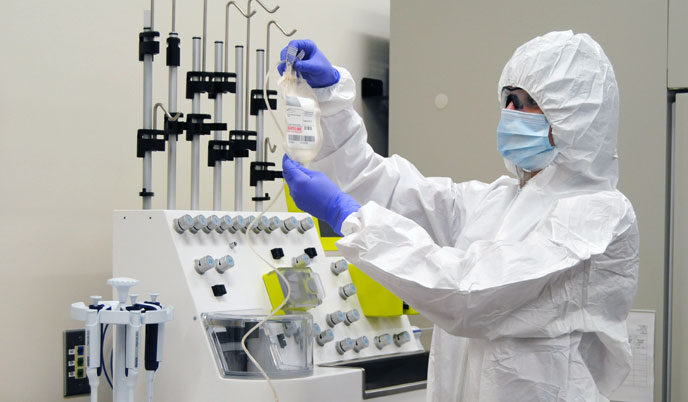
Cell therapy for Sjögren’s disease earns FDA Fast Track designation
A therapy currently being tested in a clinical trial at the University of Wisconsin School of Medicine and Public Health to treat a common symptom of Sjögren’s disease recently got a boost from the Food and Drug Administration.
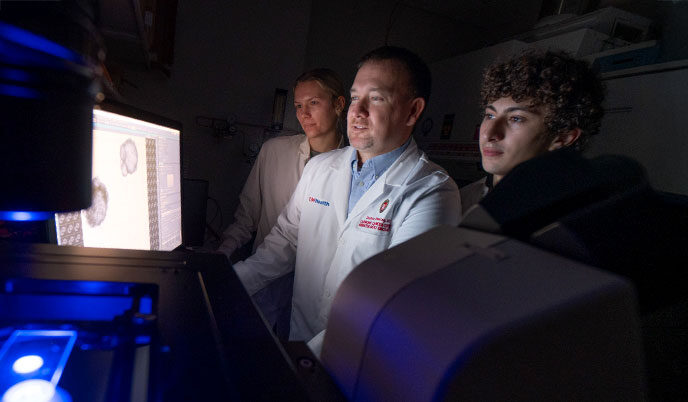
UW–Madison and Immuto Scientific to collaborate on novel cancer target discovery
University of Wisconsin–Madison and Immuto Scientific have officially entered into a collaborative agreement to identify disease-specific, novel therapeutic targets in colorectal cancer.
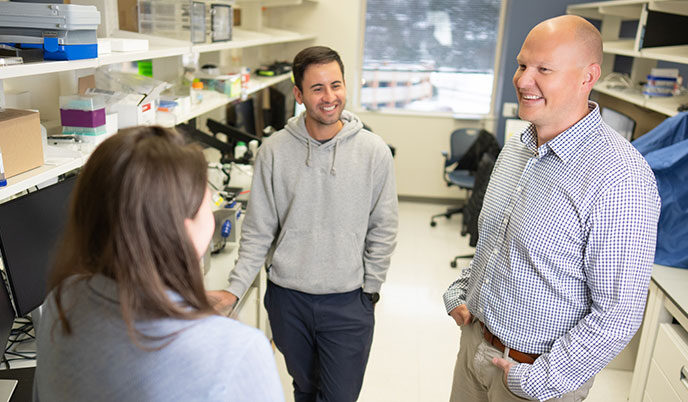
Q&A: Christopher Sundberg on the role of muscles in the aging process
What determines healthspan, the term used to describe the number of years people live in good health and free from chronic disease? Muscle physiology plays a key role.
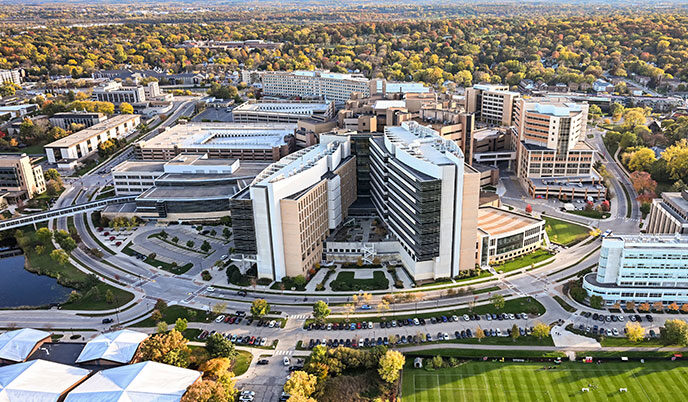
Top ten research stories for 2025
The numbers are in — the end-of-year web analytics, that is — and they show robust interest in research at the UW School of Medicine and Public Health! In 2025, articles about new discoveries and one-on-one interviews with researchers were among the most-viewed stories of the year.
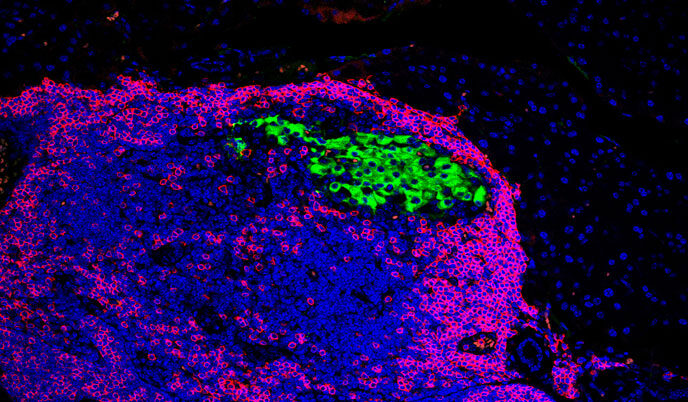
Disabling one gene protects mice against Type 1 diabetes
UW–Madison researchers have uncovered a possible way to protect key cells in the pancreas that are targeted during the development of Type 1 diabetes.

AI technology for clinical documentation aids efficiency and reduces burnout
A randomized trial showed that ambient AI notetaking can help reduce health care practitioner burnout by reducing time spent documenting clinical notes.

Improv class for health professions students builds communication skills
An innovative approach borrowed from the performing arts is helping health professions students at the University of Wisconsin School of Medicine and Public Health strengthen their ability to engage in active listening and think on their feet, which are key skills they will need throughout their careers.
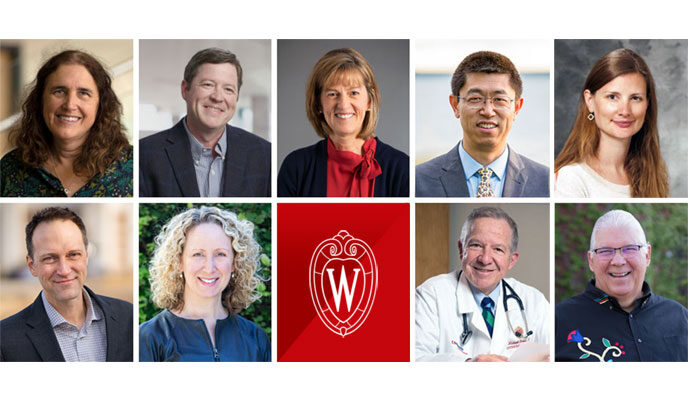
Faculty awardees honored by chancellor
Nine faculty from the University of Wisconsin School of Medicine and Public Health were among the award-winning UW faculty honored by Chancellor Jennifer Mnookin at Olin House on October 30. These faculty have all received high honors from professional societies or the United States government.

UW launches new research center to examine aging and age-related diseases
A new research center at the University of Wisconsin School of Medicine and Public Health will focus on understanding how metabolic changes associated with aging influence health and cause disease.
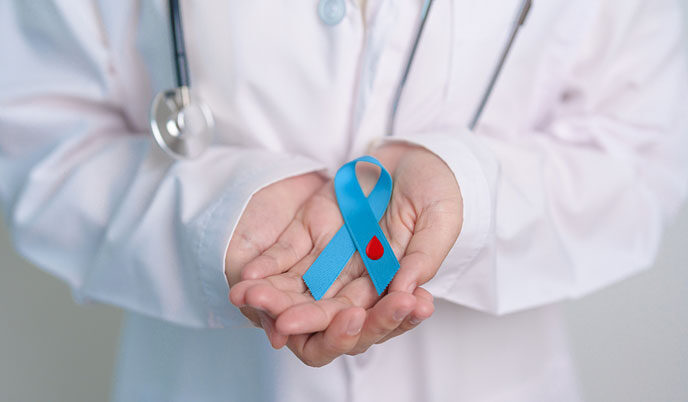
UW researchers tackle diabetes from multiple angles
Diabetes is a growing epidemic in Wisconsin. Its rise has been linked to limited access to healthy food and health care in some communities, lower levels of physical activity, and a rise in obesity, among other factors.
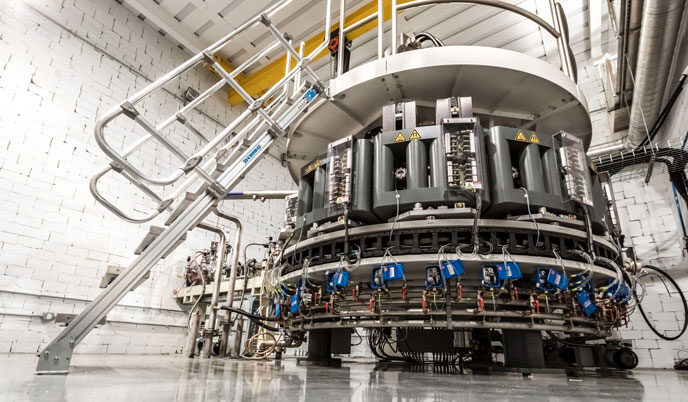
Radiopharmaceutical research agreement signed with NorthStar Medical Radioisotopes
A new agreement between the University of Wisconsin School of Medicine and Public Health and NorthStar Medical Radioisotopes, LLC (NorthStar) is aimed at advancing research and supporting workforce development in the nuclear medicine sector.